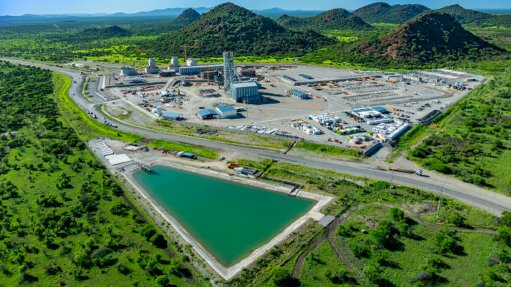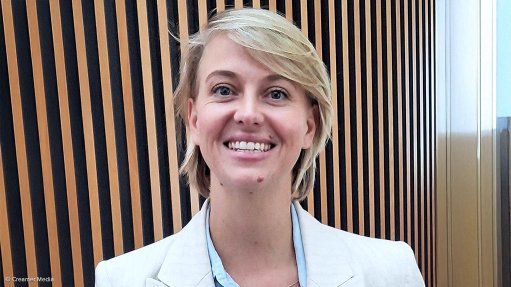No cruise ship cheer for Cape Town tourism amid Omicron alarm
The docking of the Europa passenger liner in Cape Town on Tuesday was meant to be a ribbon-cutting celebration marking the official start of the cruise ship season in South Africa's top tourist hub, the first since the Covid-19 pandemic hit.
But international travel curbs on southern Africa, where the new Omicron variant was first identified, have blown expectations of a bumper tourist season out of the water.
The multi-storey luxury liner is the first to dock at Cape Town since South Africa imposed a total ban on all cruise ships entering local ports in March 2020 after the first coronavirus infection in the country.
A succession of tough lockdown curbs has hammered a local tourism sector dependent on foreign tourists as businesses closed their doors and shed thousands of hospitality jobs.
Now travel restrictions from the European Union, the UK and United States due to Omicron, designated a variant of concern by the World Health Organisation, have seen the region's three biggest markets cut off.
Owned by German-based travel company TUI Group, the ship carrying hundreds of passengers and crew was sailing from Luderitz in Namibia to Cape Town when news of Omicron broke and raised the possibility that the ship could be re-routed.
"Some passengers (will disembark) to fly home, whilst others will stay on board for the return journey," said Wrenelle Stander, CEO at Wesgro, the trade and investment agency for the Western Cape province.
"Passengers heading to the airport will have to do a PCR (Covid-19) test before leaving," she told Reuters without providing details of passenger numbers or nationalities.
It was expected that the ship's passengers would have explored tourist attractions such as Table Mountain or apartheid-era prison Robben Island, where former president Nelson Mandela was incarcerated. The ship was originally meant to stay in port until Dec. 2 before departing.
"This has been a hammer blow to our major job-creating sector in the province precisely when we needed a recovery, to claw back jobs lost over the last 19 months," said Alan Winde, Premier of the Western Cape province.
The summer season is vital for Cape Town, which lost an estimated 75 000 tourism jobs in the pandemic, officials said.
Article Enquiry
Email Article
Save Article
Feedback
To advertise email advertising@creamermedia.co.za or click here
Press Office
Announcements
What's On
Subscribe to improve your user experience...
Option 1 (equivalent of R125 a month):
Receive a weekly copy of Creamer Media's Engineering News & Mining Weekly magazine
(print copy for those in South Africa and e-magazine for those outside of South Africa)
Receive daily email newsletters
Access to full search results
Access archive of magazine back copies
Access to Projects in Progress
Access to ONE Research Report of your choice in PDF format
Option 2 (equivalent of R375 a month):
All benefits from Option 1
PLUS
Access to Creamer Media's Research Channel Africa for ALL Research Reports, in PDF format, on various industrial and mining sectors
including Electricity; Water; Energy Transition; Hydrogen; Roads, Rail and Ports; Coal; Gold; Platinum; Battery Metals; etc.
Already a subscriber?
Forgotten your password?
Receive weekly copy of Creamer Media's Engineering News & Mining Weekly magazine (print copy for those in South Africa and e-magazine for those outside of South Africa)
➕
Recieve daily email newsletters
➕
Access to full search results
➕
Access archive of magazine back copies
➕
Access to Projects in Progress
➕
Access to ONE Research Report of your choice in PDF format
RESEARCH CHANNEL AFRICA
R4500 (equivalent of R375 a month)
SUBSCRIBEAll benefits from Option 1
➕
Access to Creamer Media's Research Channel Africa for ALL Research Reports on various industrial and mining sectors, in PDF format, including on:
Electricity
➕
Water
➕
Energy Transition
➕
Hydrogen
➕
Roads, Rail and Ports
➕
Coal
➕
Gold
➕
Platinum
➕
Battery Metals
➕
etc.
Receive all benefits from Option 1 or Option 2 delivered to numerous people at your company
➕
Multiple User names and Passwords for simultaneous log-ins
➕
Intranet integration access to all in your organisation

















